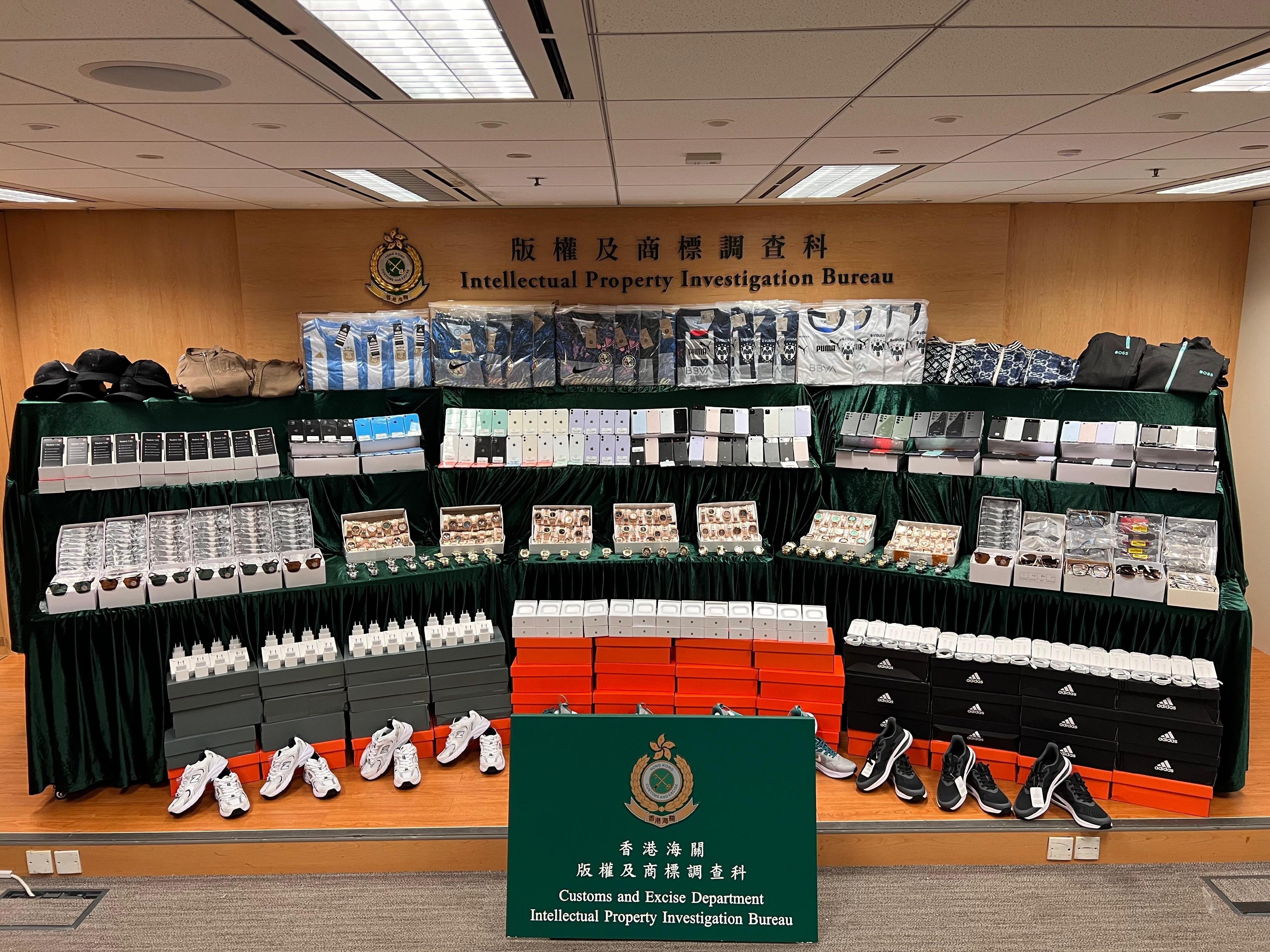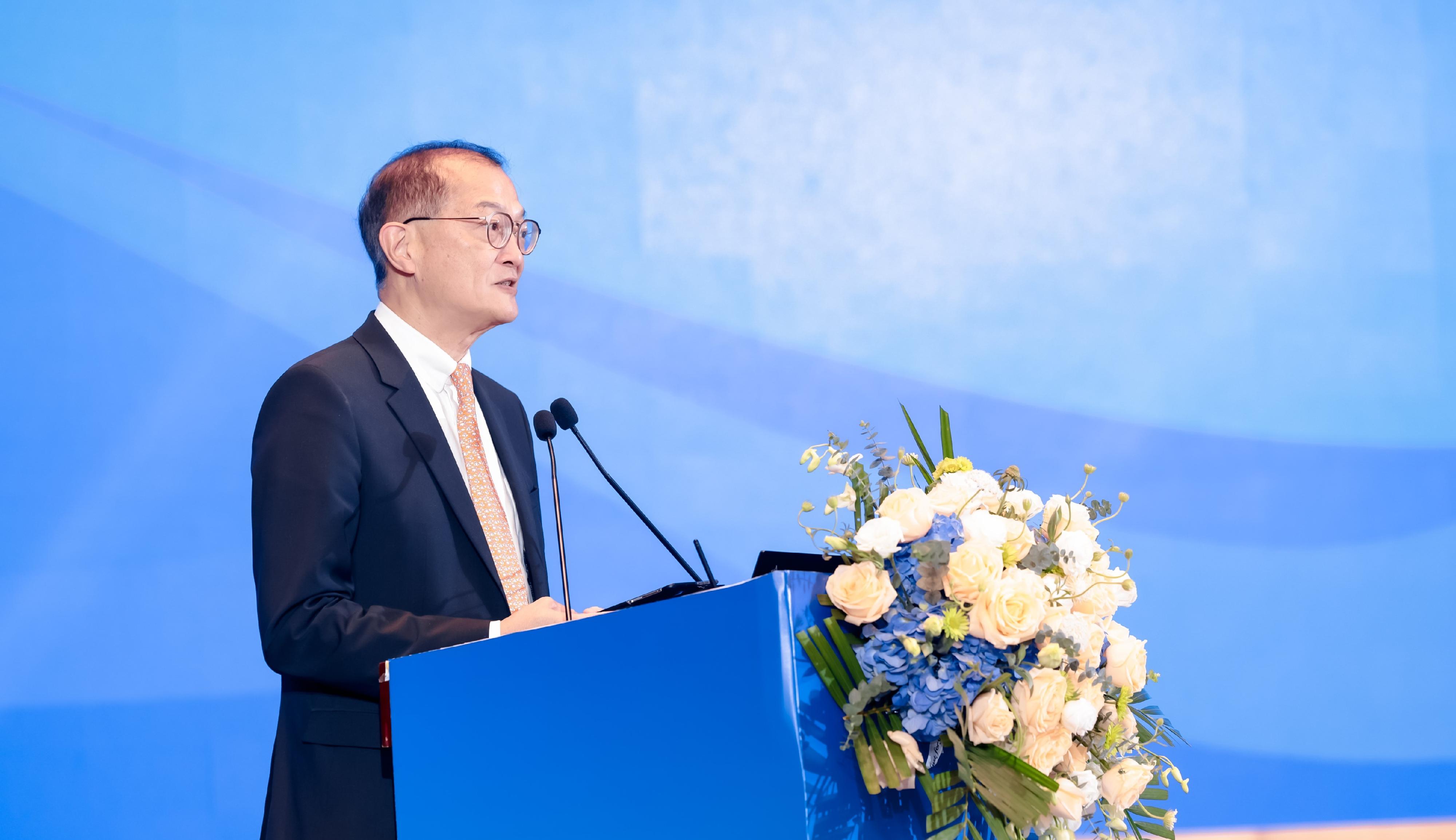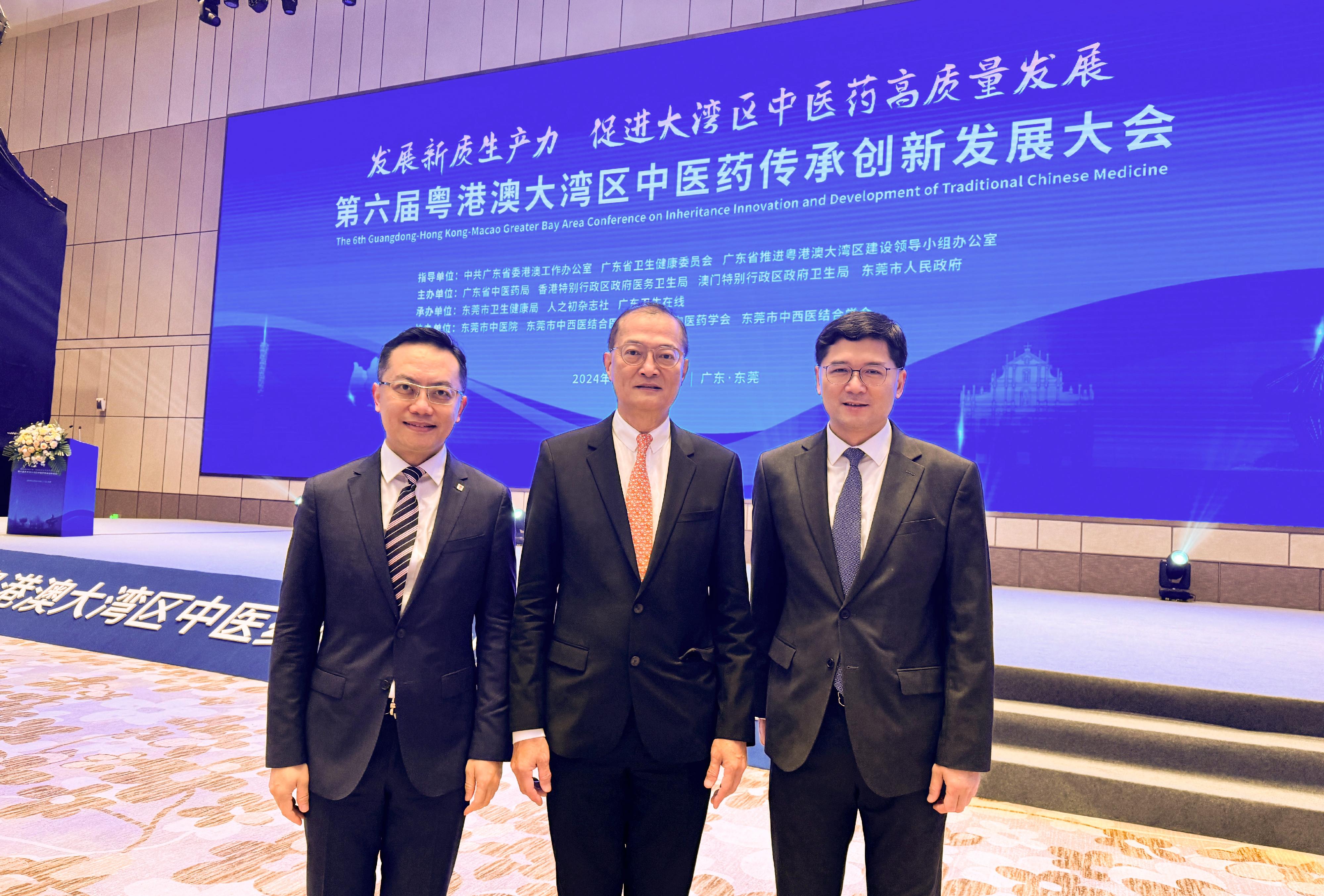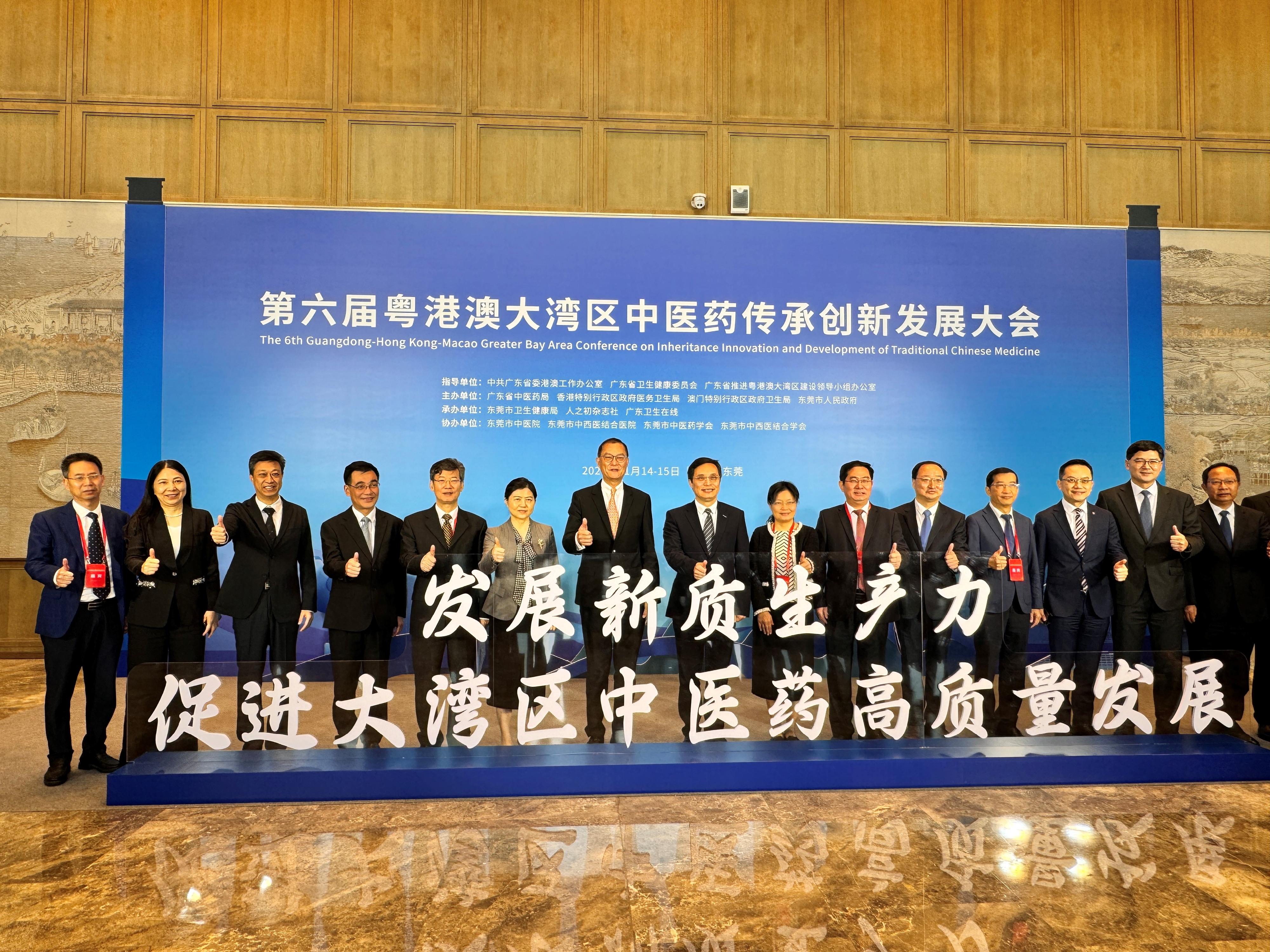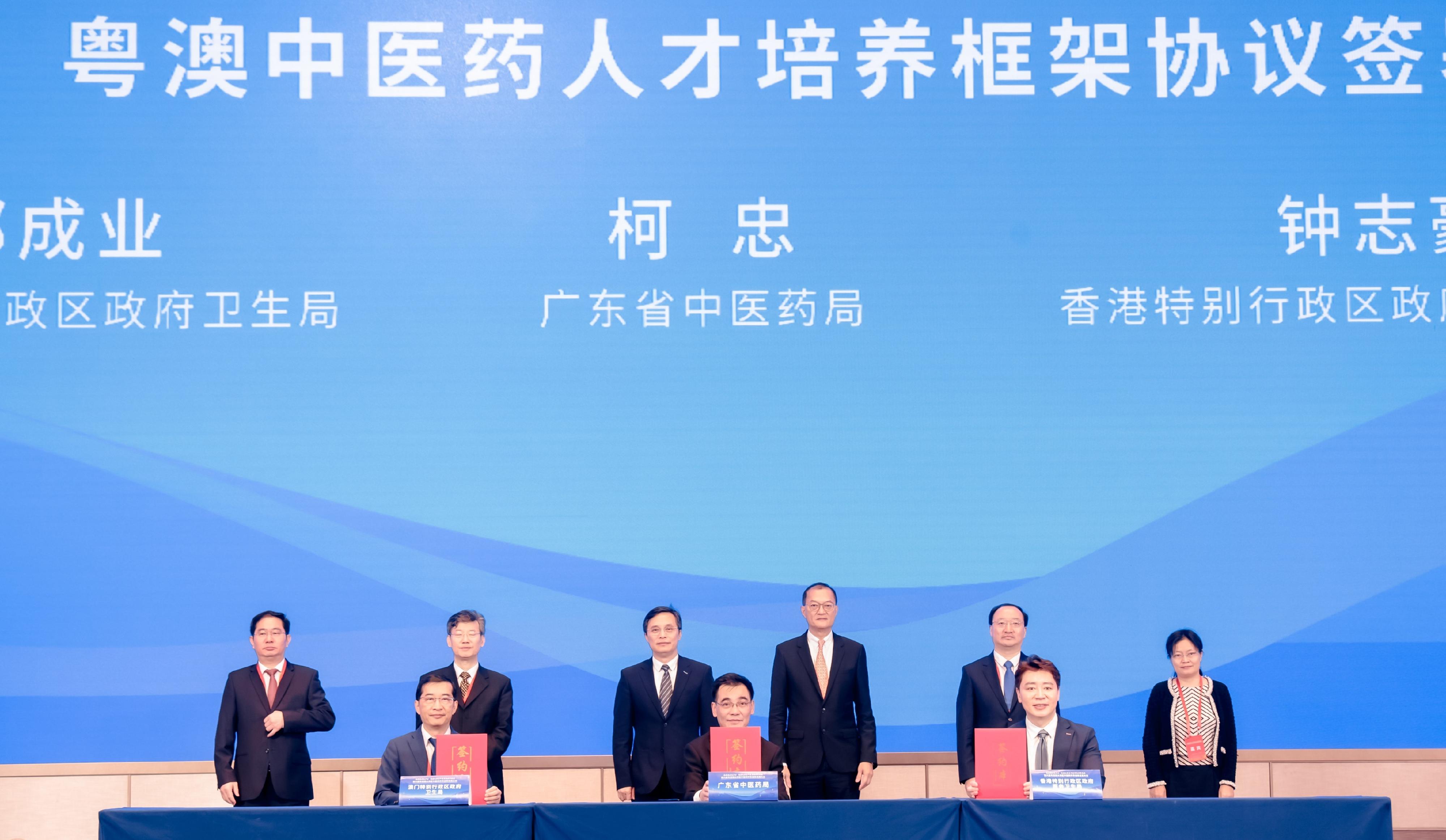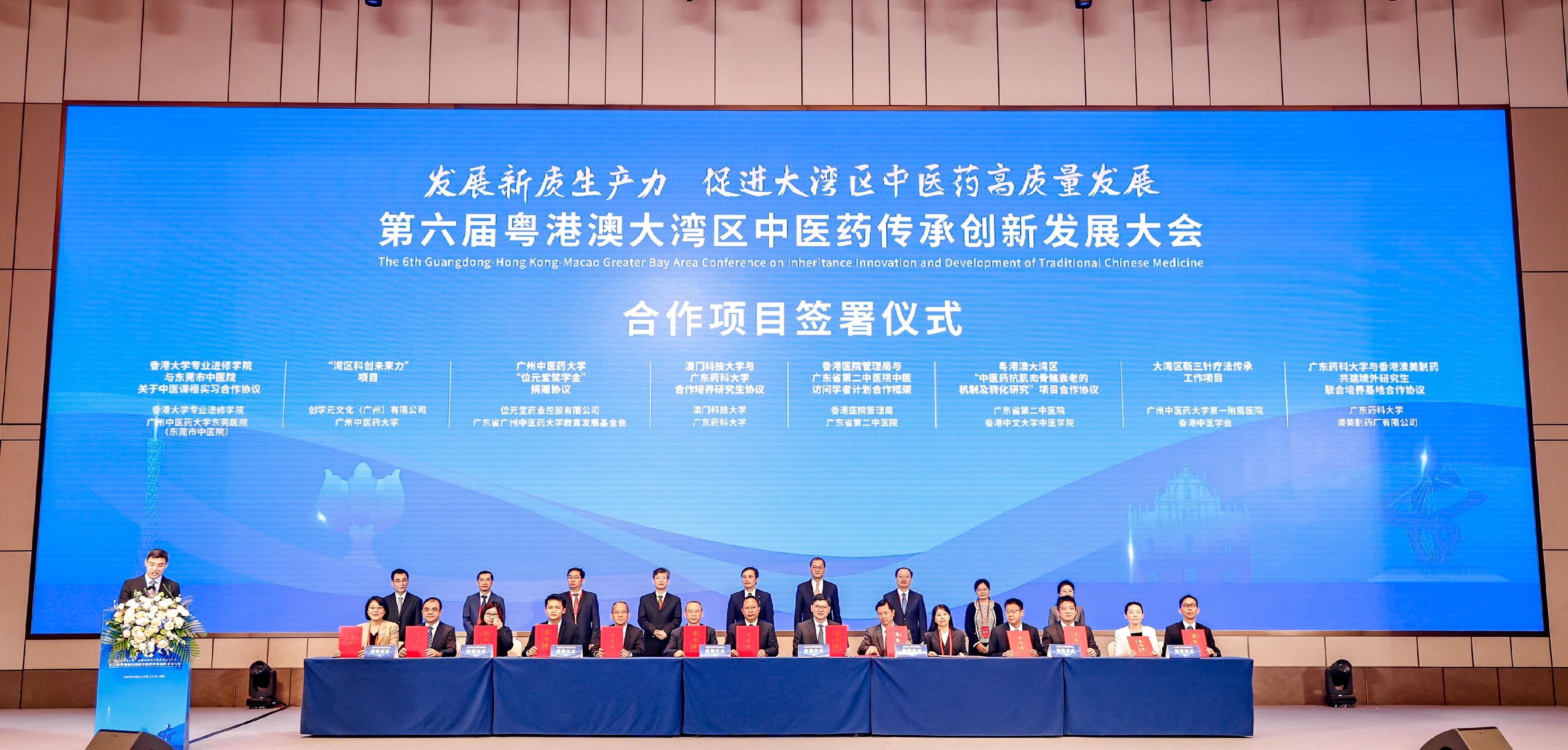The Food and Environmental Hygiene Department (FEHD) announced today (November 14) that 87 Lunar New Year (LNY) fair stalls which were not taken at auctions held earlier would be available to the public for renting at their upset prices from November 21 to 27, on a first-come, first-served basis.
​The LNY fairs will be held from January 23 to 29, 2025. The above mentioned stalls are seven fast food stalls, 18 wet goods stalls, seven large size dry goods stalls and 55 regular size dry goods stalls. Locations and prices are as follows:
| Fair venues |
Nature of stalls |
Number of stalls |
Let out price per one stall |
| Victoria Park (Causeway Bay) |
Dry goods (regular size)
Dry goods (large size) |
8
4 |
$8,540
$12,810 |
Tat Tung Road Garden
(Tung Chung) |
Dry goods (regular size)
Dry goods (large size) |
3
1 |
$450
$680 |
Cheung Sha Wan Playground
(Sham Shui Po) |
Fast food |
1 |
$2,290 |
Fa Hui Park
(Sham Shui Po) |
Wet goods
Dry goods (regular size) |
7
19 |
$3,540
$7,800 |
| Tsz Wan Shan Estate Central Playground (Wong Tai Sin) |
Dry goods (regular size)
Wet goods
Dry goods (large size)
Fast food |
16
11
2
2 |
$1,370
$1,500
$2,060
$5,000 |
| Kwun Tong Recreation Ground (Kwun Tong) |
Fast food |
1 |
$3,030 |
| Tin Hau Temple Fung Shui Square (Tai Po) |
Fast food |
1 |
$5,480 |
| Po Hong Park (Tseung Kwan O) |
Dry goods (regular size)
Fast food |
8
2 |
$1,540
$4,570 |
| Yuen Wo Playground (Sha Tin) |
Dry goods (regular size) |
1 |
$4,570 |
​The number of remaining stalls may be subject to change and the actual number of stalls available for renting will be released on November 21.
​People who are interested in renting a stall should approach the following FEHD offices, as appropriate, to apply in person from 9.30am to 12.30pm or 2.30pm to 4.30pm during the abovementioned renting period:
| Fair venues |
Address of handling office |
Telephone number |
Victoria Park
(Causeway Bay) |
8/F, Lockhart Road Municipal Services Building, 225 Hennessy Road, Wan Chai, Hong Kong |
2879 5706 |
| Tat Tung Road Garden (Tung Chung) |
Room 626, 6/F, Harbour Building, 38 Pier Road, Central, Hong Kong |
2852 4549 |
Cheung Sha Wan Playground
(Sham Shui Po)
Fa Hui Park
(Sham Shui Po)
Tsz Wan Shan Estate Central Playground (Wong Tai Sin)
Kwun Tong Recreation Ground (Kwun Tong) |
Room 301-302, 3/F, FEHD Nam Cheong Offices and Vehicle Depot, 87 Yen Chow Street West, Kowloon |
2309 2086 |
| Tin Hau Temple Fung Shui Square (Tai Po) |
3/F, Tai Po Complex, 8 Heung Sze Wui Street, Tai Po, New Territories |
3183 9119 |
Po Hong Park
(Tseung Kwan O) |
7/F, Sai Kung Tseung Kwan O Government Complex, 38 Pui Shing Road, Tseung Kwan O, New Territories |
3740 5100 |
| Yuen Wo Playground (Sha Tin) |
Units 1201-1207 and 1220-1221, Level 12, Tower 1, Grand Central Plaza, 138 Sha Tin Rural Committee Road, Sha Tin, New Territories |
2634 0136 |
Applicants must be at least 18 years old and ordinarily reside in Hong Kong. Each applicant may select only one stall at a time. Successful applicants shall comply with all the stipulations and provisions as set out in the licence agreement. An FEHD spokesman stressed that the public should not assign, sublet, transfer or otherwise part with any of the benefits or obligations of the licence agreement of the LNY fair stalls. Otherwise, the department is entitled to terminate the agreement and the licensee shall immediately vacate the stall.
All fair sites will be made available to the licensees three days in advance of the fairs (from January 20 to 22, 2025) for the setting up of stalls. In the event of any unforeseeable incident that will cause a shortening of the whole licence period (including the duration for setting up stalls and the business period of the fair), the Government has the right to postpone the commencement date and shorten the duration of the period. The let out price (licence fee) paid will be refunded to the licensee on a pro-rata basis without interest.
Stall licensees must completely remove the stall structure and all paraphernalia, together with all refuse, debris and unsold commodities (whether damaged or otherwise), from the licensed area before 7am on January 29, 2025 (9am for the Victoria Park LNY Fair).
The FEHD reminded licensees that the stalls are solely for the purpose of selling and promoting the sale of the permitted commodities, and no other activities are allowed in the licensed area. If the FEHD considers that any activity conducted by the licensee to publicise, promote, display, show or sell any permitted commodities in the venue is unlawful, contrary to the interest of national security, immoral or incompatible with the object of the LNY fair, the FEHD is entitled to direct the licensee to stop conducting such activities and the licensee must immediately comply with the direction.
Stall licensees should not destroy, damage or abandon any unsold commodities at or in the vicinity of the stall. They may surrender unsold flowers and plants left behind at the stall to the FEHD at no charge, cost or compensation whatsoever, before 7am on January 29, 2025 (9am for the Victoria Park LNY Fair).
According to the licence agreement, except inside designated stalls, licensees must not keep, store or use any compressed helium cylinder in the licensed area. Whereas licensees of the designated stalls may keep, store or use helium cylinders in the licensed area, the quantity of helium should be such that a licence is not required pursuant to the Dangerous Goods (Application and Exemption) Regulation 2012 (Cap. 295E), i.e. equivalent to 150 litres of helium. Sales of floatable LED glowing balloons and aquarium fish by stall licensees are prohibited at the LNY fairs.
In addition, as stated in the licence agreement, the height of dry goods stalls must not exceed 3 metres from ground level. The height of wet goods stalls and fast food stalls must not exceed 4.5m from ground level. For wet goods stalls and fast food stalls with a height of more than 3m from ground level, the licensee must, at his own costs, provide the FEHD with the original certificate issued by an authorised person, a registered structural engineer, or a competent person under the Construction Sites (Safety) Regulations (Cap. 59I) to certify the structural safety of the structure in the licensed area before the fair is opened to the public. The licensee must also affix a copy of the aforesaid certificate on the structure of the stall.
Public notices and details of the renting of 2025 LNY fair remaining stalls on a first-come, first-served basis are available at the FEHD website (www.fehd.gov.hk) or call the FEHD hotline at 2868 0000.
